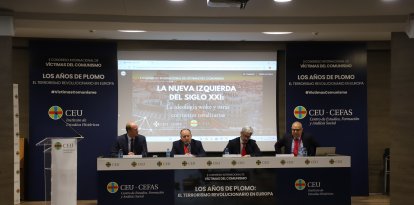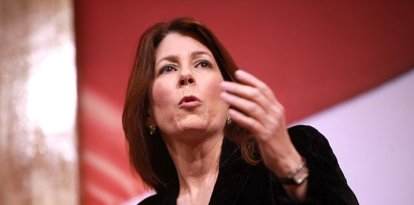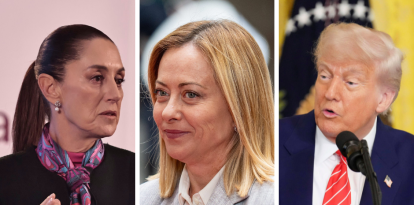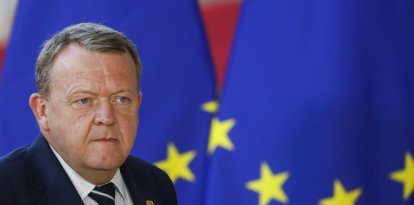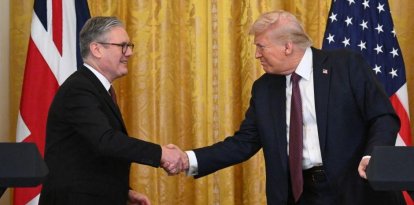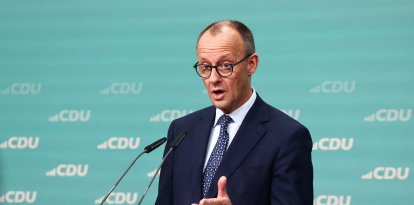Portugal: Parliament overthrows conservative government, paves the way for early elections
Although the prime minister had resisted two impeachment attempts, this time the opposition managed to unite against him and topple him.
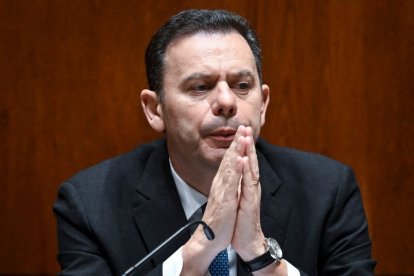
Portuguese Prime Minister Luís Montenegro
Portugal is going through a political crisis after its parliament rejected a confidence motion presented by Prime Minister Luís Montenegro, which will lead the country to early elections in May. Although Montenegro previously managed to resist two impeachment attempts, this time the opposition managed to bring down his government by uniting against him.
Why did Montenegro's government fall?
Montenegro, leader of the Social Democratic Party (PSD, center-right), governs without an absolute majority in Parliament, which has left him vulnerable to the opposition. The question of confidence was rejected with the votes of the Socialist Party (PS), Chega (right), the Portuguese Communist Party (PCP), the Bloco de Esquerda, the environmentalist party PAN and the ecologists of Livre, which meant the end of the current government.
The trigger for the crisis has been a scandal of alleged conflict of interest, in which a company owned by Montenegro's wife and children reportedly held contracts with several private companies, including one that benefits from state concessions. Although the prime minister has denied any irregularities and announced that the company would remain exclusively in the hands of his children, this did not convince the opposition.
Investigations and opposition rejection
In an attempt to calm tensions, Montenegro accepted the Socialist Party's proposal to open an investigation into the alleged corruption cases, but his government tried to limit the duration of the inquiry to 15 days instead of the 90 days demanded by the opposition. This condition was immediately rejected, as the Socialists consider that the case requires a deeper analysis.
On Monday, the Socialist Party formalized the request for a parliamentary commission of inquiry on the prime minister's possible conflict of interest. In response, Montenegro sent written answers to questions raised by the opposition, but these were deemed insufficient. "It is not enough to dispel suspicions," declared Pedro Nuno Santos, secretary general of the Socialist Party.
Uncertain political landscape
Montenegro took office in April 2024 following the resignation of Socialist António Costa, who resigned in November 2023 amid an investigation for alleged influence peddling that ultimately failed. Now, with the fall of the government, Portugal is heading for early elections in May.
The prime minister has already announced that he will run again in the event of a new electoral process. However, the political outlook remains uncertain, as the opposition has proven to be strong enough to block a new term and force a change of leadership in the country.
RECOMMENDATION
